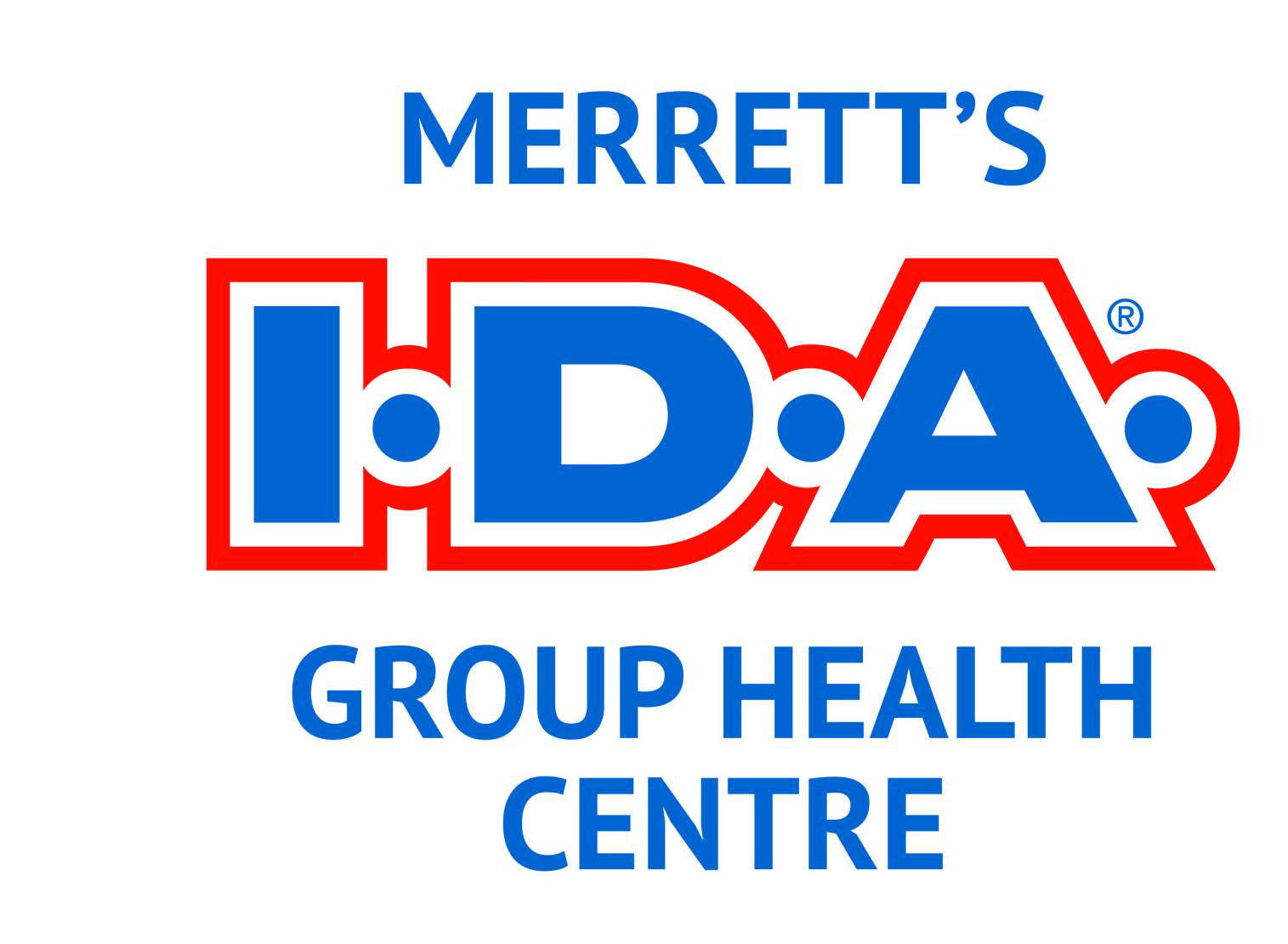Should You Take Probiotics
What Are The Benefits Of Probiotics
- Probiotics: Are They Effective?
Numerous studies have been conducted on probiotics in recent years. The scientific community generally agrees on the following benefits of probiotics:
- Prevention and treatment of diarrhea caused by a virus (e.g., traveller’s diarrhea) or antibiotics
- Treatment of chronic constipation
- Improvement of symptoms of irritable bowel syndrome
- Decrease in symptoms of colic in infants
There have also been a host of studies done on the use of probiotics to prevent other conditions, such as allergies or eczema, or to boost the immune system. For now, the studies have not provided sufficient evidence to recommend probiotics in such cases.
- Choosing The Right Probiotic
With probiotics, efficacy is directly linked to the specific bacteria they contain. Not all probiotics have the same effect.
If you wish to take probiotics for a specific health condition, make sure to choose a product for which there is evidence for your need. Read the labels carefully and avoid supplements that simply state that they are “good for your health”.
Probiotic supplements come in various forms (capsules, chewable tablets, fermented milk, lozenges, etc.). Some may need to be refrigerated. The choice of one form over the other is a matter of personal preference.
If you require additional guidance when considering your options, your pharmacist can help you choose the right product.
- Probiotics: Taking The Right Dose
Because doses vary greatly depending on the bacteria included in probiotics, it is important to follow the product’s instructions or ask your pharmacist for advice.
Supplements have strict manufacturing processes that ensure consistency among different ingredients in each dose. They are also formulated to protect probiotics until they reach the bowel. On the other hand, enriched foods (such as yogurt, cereals) do not have to meet similar requirements. They often do not contain sufficient bacteria to elicit therapeutic effects. In addition, probiotics within enriched foods are often killed by heat during the cooking process making them no longer active when consumed. This is why supplements are recommended over enriched foods when choosing a probiotic.
- The Limits Of Probiotics
While probiotics contain bacteria that are deemed beneficial to human health, they may not be appropriate for all people. Those with a weakened immune system caused by a disease or by medication, or are seriously ill for other reasons, should consult their doctor or pharmacist before taking probiotics. Women who are pregnant or nursing should also talk to their doctor before taking probiotics. People in good health will likely not experience any significant benefits from taking probiotic supplements on a regular basis.
As of now, we do not have good scientific evidence to support other uses of probiotics than those listed above. However this may change as our understanding of probiotics is expanding.
Staying up-to-date on the latest research on probiotics can be difficult, therefore it is best to rely on the expertise of your pharmacist. They can help you separate fact from fiction while considering your individual situation to provide personalized advice.
